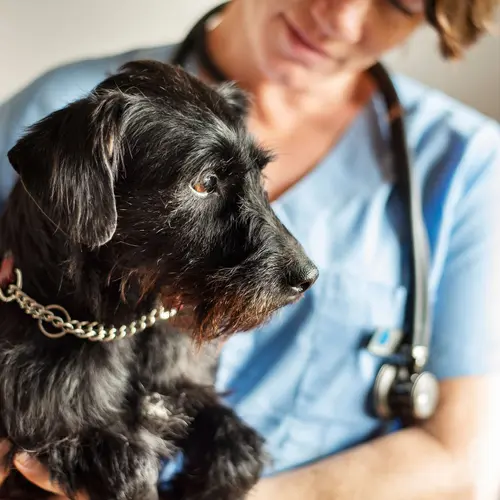For most pet owners, their pets are important elements of their own lives. It’s only natural to want to help your pet live a long and comfortable life. When it comes to small or less common animals like guinea pigs, learning about their lifespan and health is crucial to keeping them healthy and happy for as long as possible.
Compared to other small mammal pets, guinea pigs are quite long-lived. If you’re considering getting a guinea pig, you should be prepared to make a long-term commitment to your pet’s health.
How to Keep Your Guinea Pig Healthy
The average guinea pig lifespan is between five to eight years, though particularly pampered and healthy animals can reach ten years or more. This is much longer than other small mammal pets like hamsters, mice, and rats, but shorter than animals like dogs or cats. The guinea pig lifespan is likely the result of their size; larger mammal species tend to live longer than smaller species.
This makes guinea pigs an excellent choice if you like smaller animals but want to spend more years with your pet. But it also means that they’re a bigger commitment than other small mammals. If you want a guinea pig but you aren’t sure if you can commit to at least half a decade of pet ownership, then you may want to adopt an older guinea pig.
Ways to Increase a Guinea Pig’s Lifespan
Just as with human beings, the lifespan of any individual guinea pig is partly due to genetics and partly due to their environment. While any given guinea pig may have some built-in health problems that limit its lifespan, you can still take steps to give your pet the longest and happiest life possible. Take the following steps:
Keep cages clean. First and foremost, always keep your guinea pig’s living space clean and fresh. Guinea pigs will urinate in the same place as they eat and sleep, so regularly changing their bedding is important to avoid contagious diseases.
Give your guinea a friend. Guinea pigs are naturally social animals. They need lots of interaction every day to stay happy and healthy. It’s recommended to get at least two guinea pigs at a time, so they can interact with each other when you’re busy.
Groom your guinea regularly. Many breeds of guinea pig have longer fur. These animals need at least weekly grooming to stay healthy and avoid matted fur. Using a metal wide-tooth comb can help you remove tangles and snarls.
Find a small-animal or exotic veterinarian. Just like any other animal, guinea pigs can get sick or injured. Standard veterinarians may not have specialized knowledge about guinea pigs, so it’s worthwhile to find a small-animal or exotic vet near you who sees guinea pigs for regular checkups and emergencies with your pet.
Common Guinea Pig Illnesses
There are a few diseases that are common in guinea pigs. Spotting and treating these problems in advance can help you keep your guinea pig with you for as long as possible. Some of these include:
Tumors. Older guinea pigs often get tumors and other cancers as they age. Regularly examine your pet’s skin and abdomen for unusual lumps and bumps, and don’t hesitate to talk to your pet’s vet if you notice anything out of the ordinary.
Bumblefoot. On occasion, guinea pigs can get sores on the bottom of their feet from dirty cages or wire-bottomed enclosures. This is known as bumblefoot. Your guinea pig may need antibiotics, depending on the severity of the problem, and it always means that you need to adjust the animal’s enclosure.
Digestion issues. Guinea pigs have sensitive digestive systems. If their gut bacteria get out of balance, they’re more likely to get diarrhea.
Scurvy. Guinea pigs cannot produce their own vitamin C like other rodents can. If your pet starts to shed a lot, gets diarrhea, or is reluctant to move, they may not be getting enough vitamin C from their food and could be coming down with scurvy. Take them to the vet right away.
Tips for Caring for Your Guinea Pig
Guinea pigs need a lot of exercise compared to smaller animals. Unlike hamsters, they don’t readily run on wheels. Instead, it’s important to give them time outside of their enclosure every day to stretch their legs and explore. This also helps you socialize with your pet, which is also good for their health.

